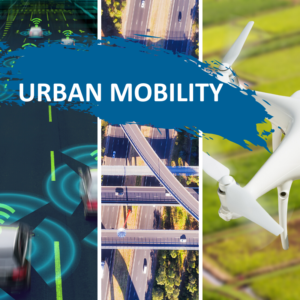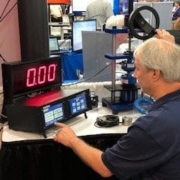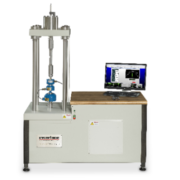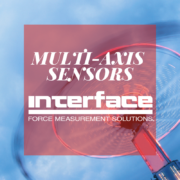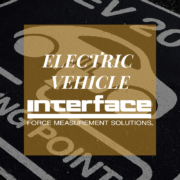Force Measurement Solutions for Mobility Markets
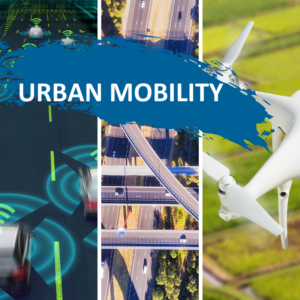 One of the tenets in addressing urban mobility is innovation. As populations grow around the world, addressing how people get from here to there is part of a challenge and opportunity. Investments are growing in this sector, as experts and designers look to how to increase efficiency and performance in vehicle markets.
One of the tenets in addressing urban mobility is innovation. As populations grow around the world, addressing how people get from here to there is part of a challenge and opportunity. Investments are growing in this sector, as experts and designers look to how to increase efficiency and performance in vehicle markets.
Interface has long been a supplier of test and measurement solutions to industries that play a critical role in mobility, from vehicle manufacturers to infrastructure planners and builders. In our latest case study, we look at some of the innovative ways our solutions are being used to advance technologies and capabilities in transportation.
If something moves, it likely needs force and torque testing for reliability, safety and performance. With the evolving trends in urban mobility, Interface is working with makers and builders of all types of transportation solutions for unmanned vehicles like drones and autonomous vehicles, as well as alternatively fueled and electric vehicles.
READ OUR NEW CASE STUDY: INTERFACE’S CRUCIAL ROLE IN VEHICLE AND URBAN MOBILITY MARKETS
Interface customers utilize our standard and custom products in the vehicle and mobility markets to:
- Test the force and torque of components for validation or for design improvements
- Integration of sensor technology into a component or product for functional real-time performance data
These products include Interface load cells, mini load cells and subminiature load button load cells, rotary and reaction torque transducers, instrumentation, and accessories. For the growing trends for digital requirements in testing and OEM solutions, our wireless and Bluetooth solutions are commonly used in these markets. Interface is also frequently engaged on specific customer requests for engineer-to-order products and customized solutions.
Here are four use case scenarios of Interface solutions used in the vehicle and mobility markets:
Interface’s Brake Pedal Load Cell BPL-300-C was installed on a brake pedal and then connected to a BTS-AM-1 Bluetooth Low Energy Strain Bridge Transmitter Module, which collects and transmits data to our BTS Toolkit Mobile App. This solution allowed the customer to record and review data from a mobile device while out on a test track. READ MORE HERE.
Interface supplied four WMC Sealed Stainless Miniature Load Cells to measure the payload weight and for the detection of in-motion shifting and uneven distribution of the package weight. As the load cells detect this data, it provides a signal to the propeller to increase RPMs on the propellers and adjust balance and weight distribution inflight. WATCH HERE.
Electric Vehicle (EV) Battery Testing
Compression testing performed on EV batteries is critical for performance and safety. As an EV battery is charged and stores more electrons, it swells. If the packaging housing the batteries does not compensate for this swelling in the design, failure is likely. Interface can supply a WMC miniature load cell. The load cell will measure compression force as a battery goes through charge cycles on a test stand to determine the force given off as the battery swells. This allows our customers to design the proper packaging for the batteries. Read more about the future of EV markets and testing here.
Force and torque sensors are used with a dynamometer, which isolates the engine’s power output to help quantify its overall performance. In this application, a precision SSMF Fatigue Rated S-Type Load Cell is attached to a torque arm to “feels” the torque from an engine loading system. The fatigue rating on the load cell allows it to accurately measure performance for extended cycles. A signal conditioner is used to connect out from the load cell to a computer to ensure clear transmission of data to accurately measure torque being produced by the engine. Engineers analyze power transfer through the data output to tune the engine performance. Check out this engine dynamometer application note here.
Contact our experts to learn more about these types of testing applications, use cases and products used in urban mobility projects.
